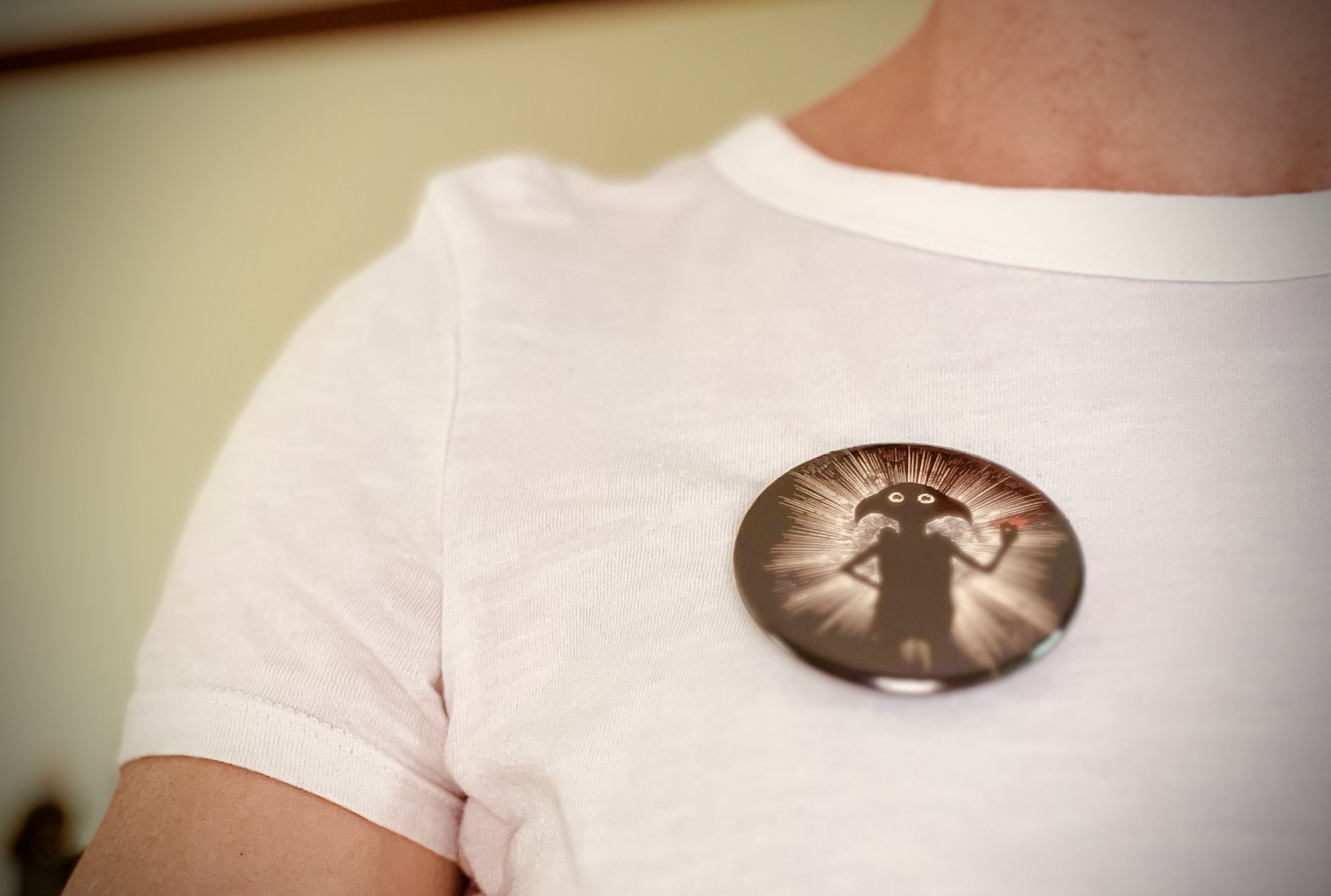Freeing the Workplace From “The Way Things Have Always Been”
How Social Deviance Inspires Trust, Collaboration, and Workplace Renewal
“Meetings just don’t start on time.” “I feel like I’m being asked to leave my personal life at the door.” “VPs won’t want to engage in collaborative work.” “That is just the way things have always been.”
I am constantly challenging these narratives with my clients. And despite feeling frustrated with the state of work, they are often nervous to speak up or change their ways out of fear of rocking the boat. But what if the boat needs to be rocked!?
Herein lies what researchers and changemakers call positive deviance: employing uncommon behaviors and strategies to solve problems that others have not been able to solve with standard practices. Sometimes, the key to collective success starts with one person doing things differently within the same constraints as everyone else.
Positive deviance is my mantra at Trust.
We can’t make meaningful change by doing the same things that got us where we are today. To make progress, in our workplaces and in our world, demands a new way of working with one another. It requires not only individual positive deviance, but also cultivating others to be positive deviants too.
Positive Deviance in Interpersonal Relationships
Difficult conversations make people nervous—and I get it. Conflict is hard. But avoiding it allows tension to fester and progress to stall. Positive deviants lean in, even when it’s uncomfortable.
Being a positive deviant takes practice. It takes trusting yourself. It takes vulnerability. I’ve gone into these conversations with sweaty palms and butterflies in my stomach, asking others to meet me there, too.
Over time, I’ve learned that even with the butterflies, I walk away one step closer to connection and growth. Each difficult conversation opens new lines of communication, builds trust, and strengthens the relationship. Together, we build resilience by wading through discomfort toward understanding and reflection.
Positive Deviance in Meeting Facilitation
When meetings are intentional, inclusive, and respectful of everyone’s time, everything else runs more smoothly. I earn trust each time I create that kind of space—and the habits to lead good meetings start to spread.
It isn’t effortless, though. Facilitating well means setting and holding boundaries, being clear on meeting core values, balancing dominant voices with quieter ones, and creating an agenda that ensures full participation. It’s emotional labor I model and normalize when I coach others who are facilitating diverse stakeholders.
Once people experience a truly engaging meeting, it’s hard to go back to business as usual. As one client put it during a less-than-stellar session elsewhere:
“You have RUINED my expectations of engagement in a training/workshop, and I've been talked at for 85% of the last 8 hours. So, thanks for raising the bar so much for meetings!”
Cheerleading as Positive Deviance
We’ve gotten stuck in a “never enough” mindset—so focused on competition and constant achievement that we rarely pause to celebrate wins, big or small. Enthusiasm is often mistaken for unprofessionalism, and genuine cheerleading is rarely modeled.
But recognition matters. Acknowledging effort—whether it’s a big milestone, a small step forward, or even identifying and working through failure—builds trust, creativity, and resilience. Positive deviants make space for these moments. They celebrate the journey, not just the destination, because that’s where the growth, learning, and real work happens.
A simple “Thanks for being here and being willing to dig in” or “Let’s tackle this together” can shift the culture of a team. Reflection on effort and progress is never wasted—it’s an investment in growth, connection, and lasting change.
Skill-Building as Positive Deviance
When I started Trust, I knew that any project I worked on would always have a main goal and a secondary goal. The main goal is always, of course:
(1) To accomplish the client’s project within their timeframe.
In pursuit of that main goal, I reach the secondary goal:
(2) To teach and demonstrate meeting facilitation skills, relationship-building tactics, and project management tools that my clients can implement beyond their work with me.
My hope is that the people I worked with will feel more comfortable and confident tackling their difficult, multi-faceted projects after our work together is over. They will know how to prepare for and facilitate productive meetings. They will be more skilled at having difficult conversations. And they will encourage this growth mindset in their teams!
A prerequisite for being a positive deviant is daring to be vulnerable. You have to have the courage to step out of line and suggest change by targeting inefficiencies and challenging ineffective norms. Positive deviants model possibility, resilience, and joy, giving others permission to rise and try doing things differently too!
I want to be that person for you! Through my Growing Trust Series and in my work with clients, I can model my positive deviancy for you too. My hope is that you build upon your work with some of my teambuilding and facilitation skills and become the positive deviant for your teams, who in turn spread the wealth to their peers, and so on in an ever-expanding universe of positive, productive workplaces that make consistent meaningful change.

